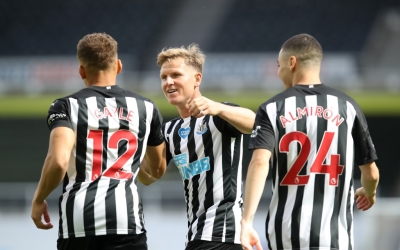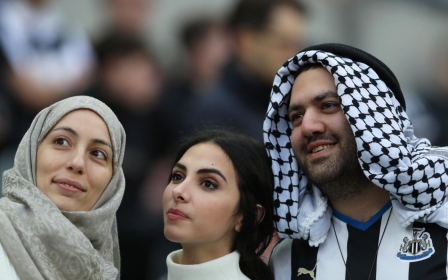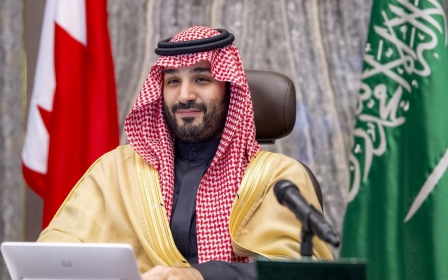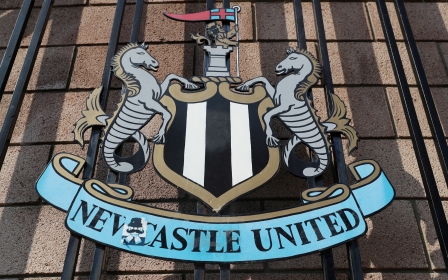Newcastle takeover: How close is the Saudi state to the Public Investment Fund?
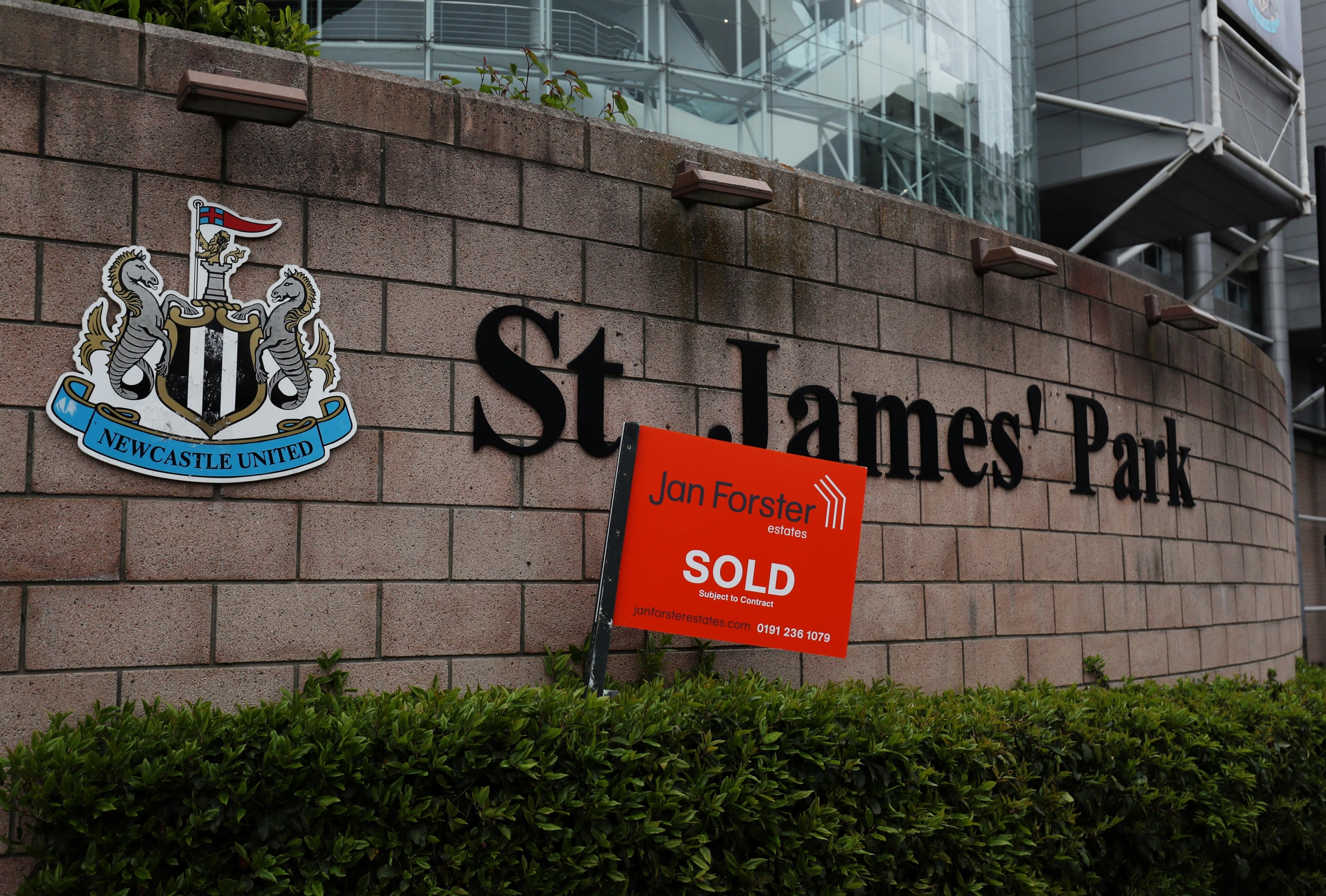
Newcastle United fans awoke on Thursday to the news that Saudi Arabia was finally closing in on a £300m ($407m) takeover deal for their football club.
The development came after Qatar's beIN Sports confirmed that Saudi Arabia was to lift a ban on the channel in the Gulf kingdom and compensate them for billions lost over alleged piracy.
BeIN Sport's announcement also added that it would not oppose Saudi Arabia's takeover bid for Newcastle United - removing a significant barrier that stood in the way of Saudi Arabia's Public Investment Fund (PIF), the country's sovereign wealth fund, purchasing the club.
When news reports emerged of the PIF's plans to relaunch its takeover bid, rights groups reiterated their concerns over the implications of a country with an "appalling" human rights record owning a major football club in the English Premier League (EPL).
To assuage those concerns, the EPL said it had accepted assurances that the Saudi state wouldn't be involved in any capacity in the running of Newcastle United.
"Breakthrough made after owners have finally proved to the Premier League that PIF involvement will be separate from Saudi state,” the Premier League said in a statement to journalists.
Newcastle Council's Labour leader Nick Forbes on Thursday celebrated on BBC Newcastle Radio the "separation" established between the PIF and the Saudi government.
But how separate are they really?
'Demonstrable falsehood'
Nicholas McGeehan, director of rights group FairSquare, said it was a "matter of fact and not opinion" that the Saudi state has direct links and control over the PIF.
"The chairman of the PIF is Mohammed bin Salman, the de-facto leader of Saudi Arabia," McGeehan told Middle East Eye.
'The chairman of the PIF is Mohammed bin Salman, the de-facto leader of Saudi Arabia. So any attempt to separate these two entities is preposterous'
- Nicholas McGeehan, FairSquare
"So any attempt to separate these two entities is preposterous."
Established in 1971 by King Faisal of Saudi Arabia, the PIF is one of the largest sovereign wealth funds in the world and is estimated to hold assets worth at least $500bn.
Mohammed bin Salman became chair of the PIF in 2015 when he became deputy crown prince. He has since reformed the PIF and used it as a vehicle to push his Vision 2030 plan to diversify Saudi Arabia's oil-based economy.
The board members of the PIF are exclusively Saudi government ministers, with one adviser to the Saudi royal family. Among those included on the board are the ministers of commerce, finance and tourism.
Since MBS's takeover of the PIF, it has made significant investments in companies worldwide, including a $3.5bn investment in ride-sharing app Uber. It also took ownership of Saudi Aramco, the kingdom's state oil company.
But the PIF has made murkier investments. Earlier this year, court documents filed in Canada confirmed that the PIF was used to purchase a company that owned two private jets that transported the men who killed and dismembered Saudi journalist Jamal Khashoggi in Istanbul.
The filing showed a Saudi minister relayed orders given by MBS to "immediately approve" the purchase of Sky Prime Aviation and transfer it into the PIF in late 2017. The company's planes were later used in the October 2018 killing of Khashoggi.
Saudi Arabia and the PIF did not respond to CNN's request for comment when they published these details.
"These links are just so sinister - the PIF's resources have been used to execute journalists," said McGeehan.
"It is incredibly problematic that this demonstrable falsehood is being used as a PR line to get people onside and attempt to suggest that the appalling abuses committed at the behest of MBS aren't something people have to worry about.
"It's honestly a massive lie."
Middle East Eye propose une couverture et une analyse indépendantes et incomparables du Moyen-Orient, de l’Afrique du Nord et d’autres régions du monde. Pour en savoir plus sur la reprise de ce contenu et les frais qui s’appliquent, veuillez remplir ce formulaire [en anglais]. Pour en savoir plus sur MEE, cliquez ici [en anglais].


